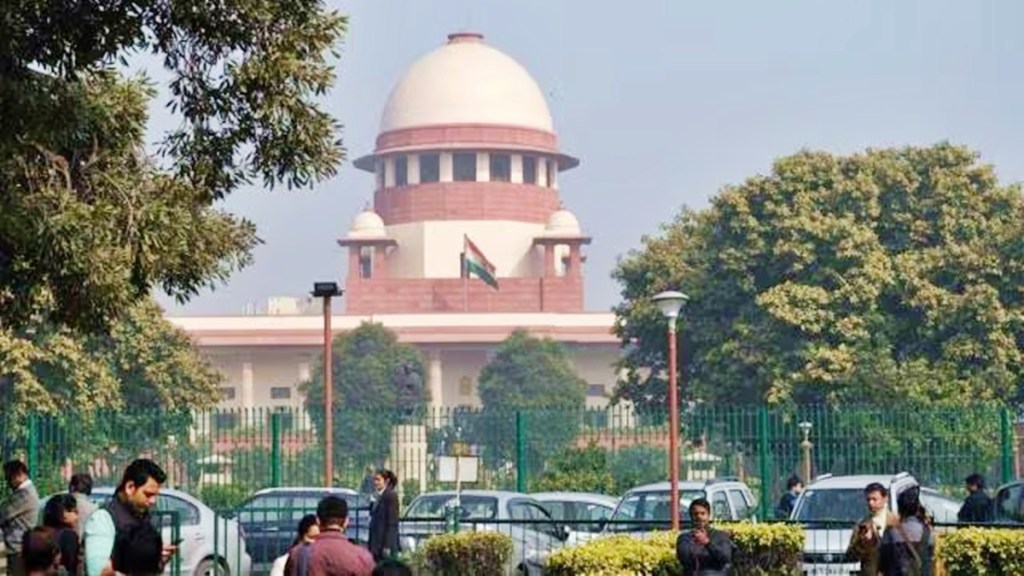The Supreme Court on Monday questioned the Tamil Nadu government’s alleged oral directive to prohibit live telecasts of the ‘Pran Prathishta’ of Ram Lalla in Ayodhya in temples across the state.
The top noted that the state cannot ban such events merely because Hindus are considered a “minority” in certain areas. The matter is scheduled for further hearing on January 29.
A division bench of Justices Sanjiv Khanna and Dipankar Datta recorded in its order: “We believe and trust that the authorities will act in accordance with law and not on the oral instructions… The authorities will examine the application seeking permission for such a live telecast and deal with it in accordance with the law. If rejected, then reasons shall be given for rejection of any such requests,” ANI reported.
The bench bashed the Tamil Nadu government for issuing what they deemed a broad and unjust order, stating that permissions cannot be denied solely based on the presence of other communities in the location. Describing these orders as “atrocious,” the apex court directed the state not to summarily reject such permissions.
Also Read:JD(U) spokesperson Sunil Singh resigns from party, says Lord Ram will guide him
The Supreme Court also issued a notice to the Tamil Nadu government in response to a plea filed by BJP’s State Unit Secretary Vinoj P Selvam, challenging the oral order that banned the live telecast of the ‘Pran Pratishtha’ of Ram Lalla in temples across the state.
In its defence, the Tamil Nadu government informed the top court that there are no such restrictions, stating no such ban on live telecasts, poojas, archanas, annadhanas, or bhajans during the “Pran Pratishtha” of Lord Ram at Ayodhya, citing the plea as politically motivated.
Also Read:Mumbai: Vehicles bearing Lord Ram flag attacked in Mira Road, 9 arrested
During the hearing, senior counsel Dama Seshadri Naidu, representing the petitioner, argued that certain police orders imposed a ban on live-streaming and other religious functions during the ceremony at Ayodhya’s Ram Janmabhoomi Temple.
“A political party hates religion. That party comes to power. It now wants the government to hate religion too,” Naidu said.
The petitioner pointed out that the only reason for denial was the presence of minority communities near the requested locations.
To which Justice Datta remarked, “What kind of reasons are given for rejection? Can this be a reason that a particular community is a minority, so you won’t allow the procession? Can a reason be given that Hindus are a minority in some places so you will not allow it? These reasons are atrocious. If this reason has to follow, no procession or ritual can happen across the state.”
(With ANI Inputs)


